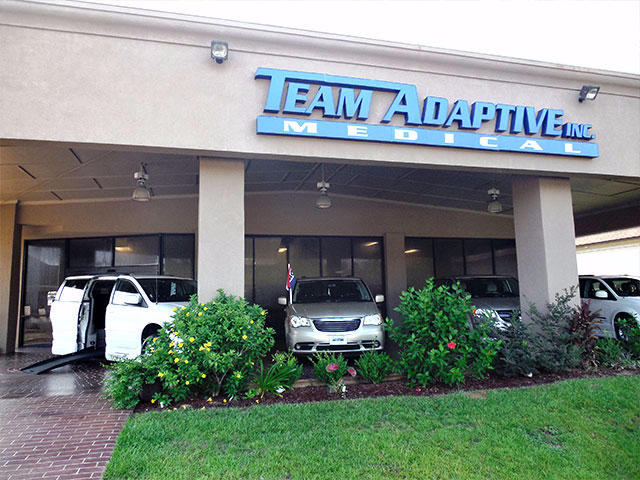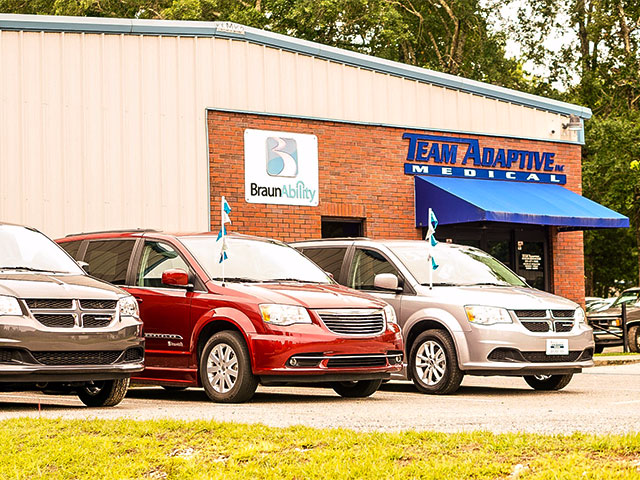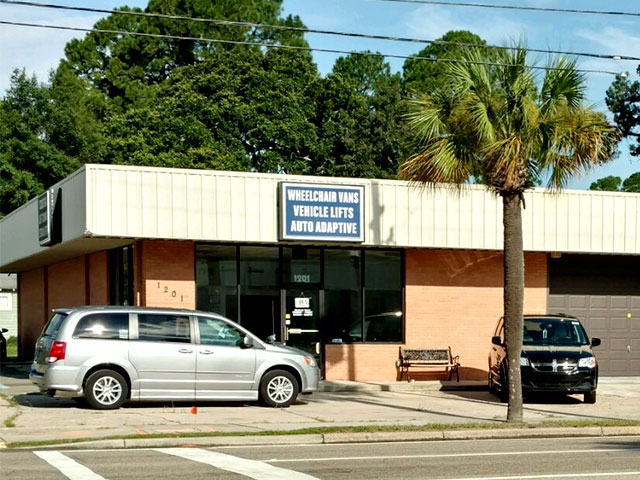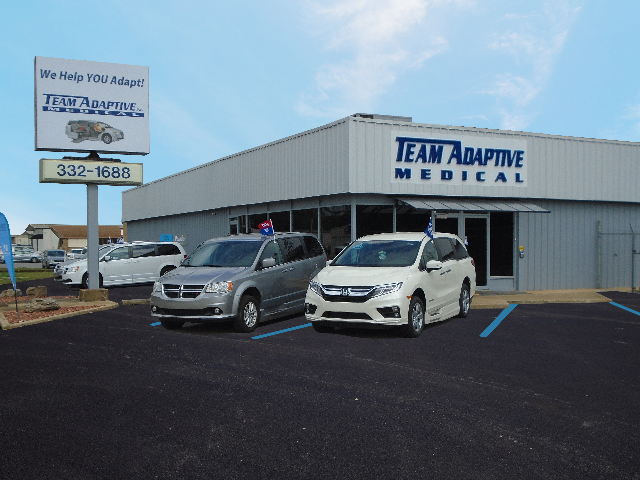
How to Choose the Right Elevator Parts Manufacturer for Your Business Needs
Choosing the right Elevator Parts Manufacturer is crucial for businesses involved in the construction and maintenance of elevators. With numerous suppliers available in the market, selecting a manufacturer who can meet your specific requirements can be a daunting task. A reputable manufacturer not only provides high-quality parts but also ensures compliance with safety standards and offers timely support and services. The right manufacturer can significantly impact the efficiency, safety, and longevity of your elevator systems, affecting your overall business productivity and customer satisfaction.
This article will guide you through essential considerations and criteria to evaluate when choosing an Elevator Parts Manufacturer, ensuring you make a well-informed decision that aligns with your operational needs and long-term goals.
Identifying Your Specific Elevator Parts Requirements and Standards
When choosing the right elevator parts manufacturer, it's crucial to first identify your specific needs and standards. This involves evaluating the types of elevators you operate, their usage frequency, and safety standards applicable in your region. Whether you require parts for residential, commercial, or industrial elevators, understanding the distinct specifications is essential. For example, consider the load capacity, speed, and design requirements that match your elevators.
**Tips:** Review any relevant regulations and certifications to ensure the manufacturer complies with industry standards. It's also helpful to compile a list of must-have features before reaching out to suppliers, which will enable you to communicate your needs effectively.
Furthermore, creating a list of desired materials and technology can help narrow down your options. Assess whether you need durable materials for high-traffic elevators or energy-efficient components for eco-friendly designs. Investigating the manufacturer’s history in producing specialized parts can reveal their expertise and reliability in delivering quality products.
**Tips:** Don't hesitate to ask for references or case studies from the manufacturer to gain insight into their capabilities and past performance.
Evaluating Manufacturer Reputation and Industry Experience
When selecting an elevator parts manufacturer, evaluating their reputation and industry experience is paramount. Reputable manufacturers often demonstrate a consistent track record of quality and reliability. Start by researching online reviews, testimonials, and case studies to gain insights into how they have met the needs of other businesses. Quality awards, certifications, and memberships in industry associations can also serve as indicators of a manufacturer’s credibility and commitment to excellence.
Industry experience plays a significant role in ensuring that a manufacturer can meet specific business needs effectively. A company with years of experience in the elevator parts industry will likely have a deeper understanding of the technical requirements and challenges that are commonly faced. Their familiarity with evolving technologies and market demands enables them to provide innovative solutions tailored to customer specifications. Moreover, experienced manufacturers are often better equipped to manage supply chain logistics, ensuring timely delivery and support that can enhance operational efficiency.
Comparing Quality Assurance Processes and Certifications
When selecting an elevator parts manufacturer, understanding their quality assurance processes and certifications is vital for ensuring safety and reliability. A reputable manufacturer typically adheres to international standards such as ISO 9001, which signifies a strong commitment to quality management systems. It’s crucial to examine the specific certifications relevant to elevator components, such as EN 81 in Europe or ASME A17.1 in the U.S., as these indicate compliance with stringent safety and engineering guidelines.
Tips for evaluating a manufacturer's quality assurance process include reviewing their testing methods, inspection protocols, and documentation practices. Ensure they conduct rigorous testing on their parts, such as load tests and fatigue evaluations, to guarantee optimal performance. Additionally, ask about their traceability procedures for components, as this can provide insight into how they manage quality throughout production.
Lastly, don’t hesitate to seek feedback from existing customers. Discuss their experiences regarding the durability and reliability of the parts supplied by the manufacturer. Genuine customer insights can highlight the manufacturer's commitment to quality, potentially influencing your decision significantly.
Assessing Customer Support and After-Sales Services
When selecting an elevator parts manufacturer, assessing customer support and after-sales services is crucial for ensuring a smooth operational experience. A manufacturer with strong customer support can provide immediate assistance when issues arise, minimizing downtime. Look for companies that offer multiple channels for communication, such as phone support, email, and live chat. The ability to speak with knowledgeable representatives who can resolve technical problems quickly displays a commitment to customer satisfaction and operational reliability.
Moreover, effective after-sales services are vital for long-term partnerships. A reputable manufacturer should provide comprehensive warranties, maintenance services, and replacement parts availability. This not only reflects the quality of their products but also assures clients that they will receive ongoing support throughout the life cycle of the equipment. Evaluating the manufacturer's commitment to training and resources for maintenance personnel can further enhance the operational efficiency of your elevators, making it essential to consider these factors when making your choice. Ultimately, strong customer support and robust after-sales services play a significant role in the overall success of your elevator operations.
Analyzing Pricing Structures and Delivery Timelines
When selecting an elevator parts manufacturer, analyzing pricing structures and delivery timelines is crucial. According to a report by Research and Markets, the global elevator and escalator market is projected to reach $126.8 billion by 2027, making the competitive landscape pivotal for businesses seeking affordable and timely solutions. Manufacturers often structure their pricing based on various factors, including materials, design complexity, and manufacturing processes. A detailed cost analysis can reveal potential hidden fees, such as shipping or handling charges, which can affect the overall budget.
Delivery timelines are equally important, particularly in a fast-paced industry where delays can disrupt project schedules. A study by Statista indicates that approximately 30% of construction projects face delays due to late arrivals of essential parts. Therefore, choosing a manufacturer with a proven track record for timely delivery can minimize risks. Companies should request detailed delivery schedules and inquire about the manufacturer's capacity to meet urgent demands. By carefully evaluating both pricing structures and delivery timelines, businesses can ensure they partner with a manufacturer that aligns with their operational needs and project goals.
Elevator Parts Manufacturer Comparison
This bar chart compares the pricing of various elevator parts manufacturers, helping businesses assess their options based on cost. Choose wisely to meet your operational needs.












